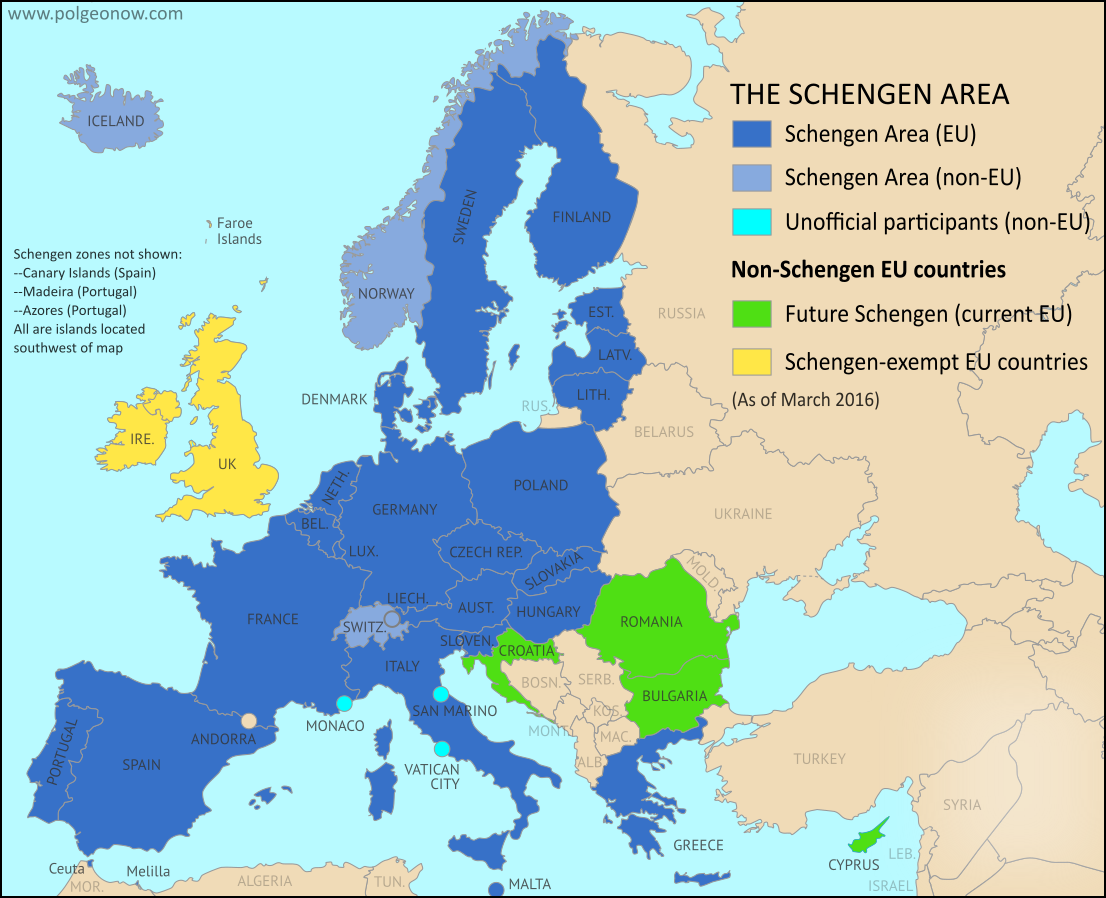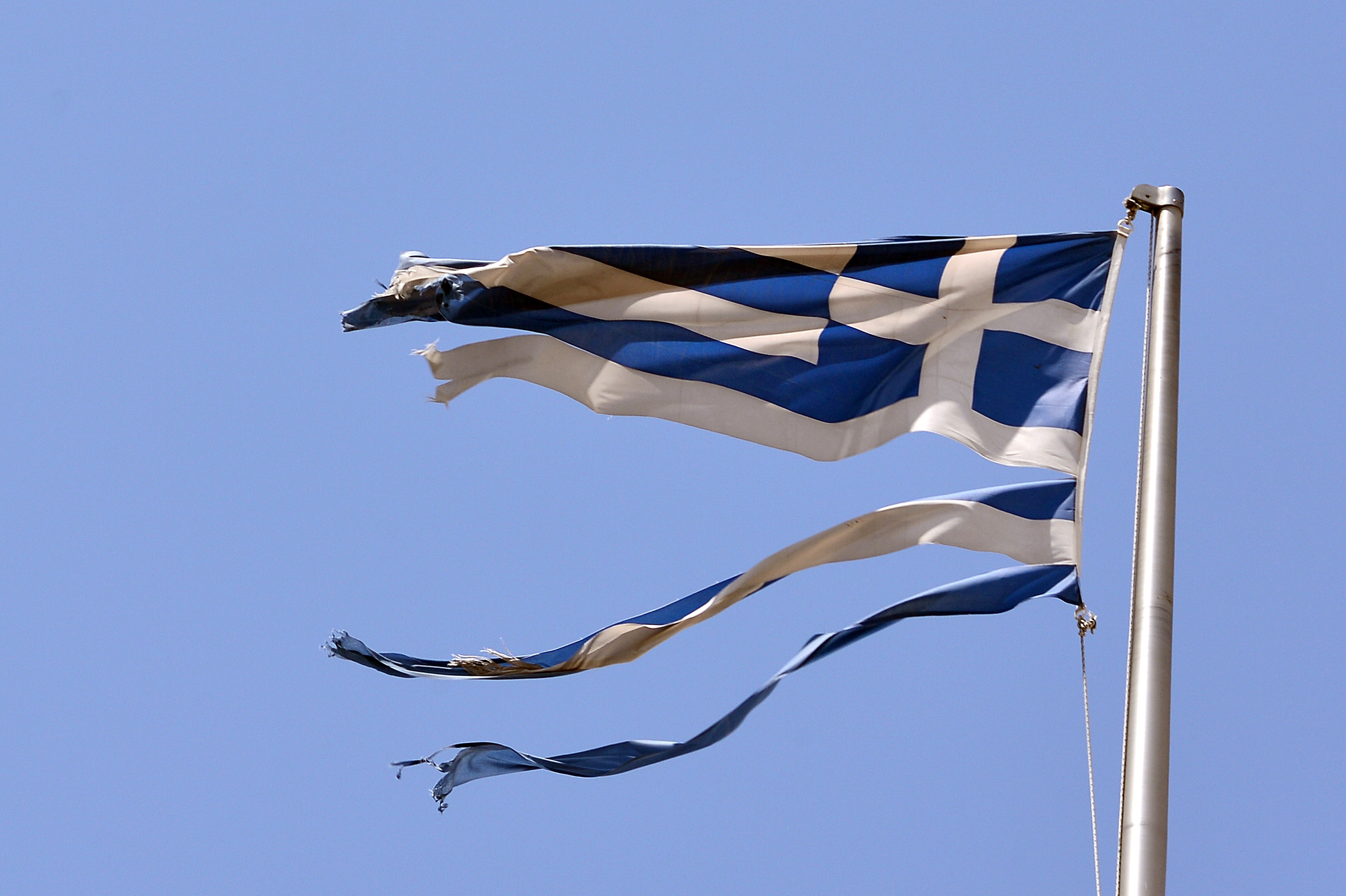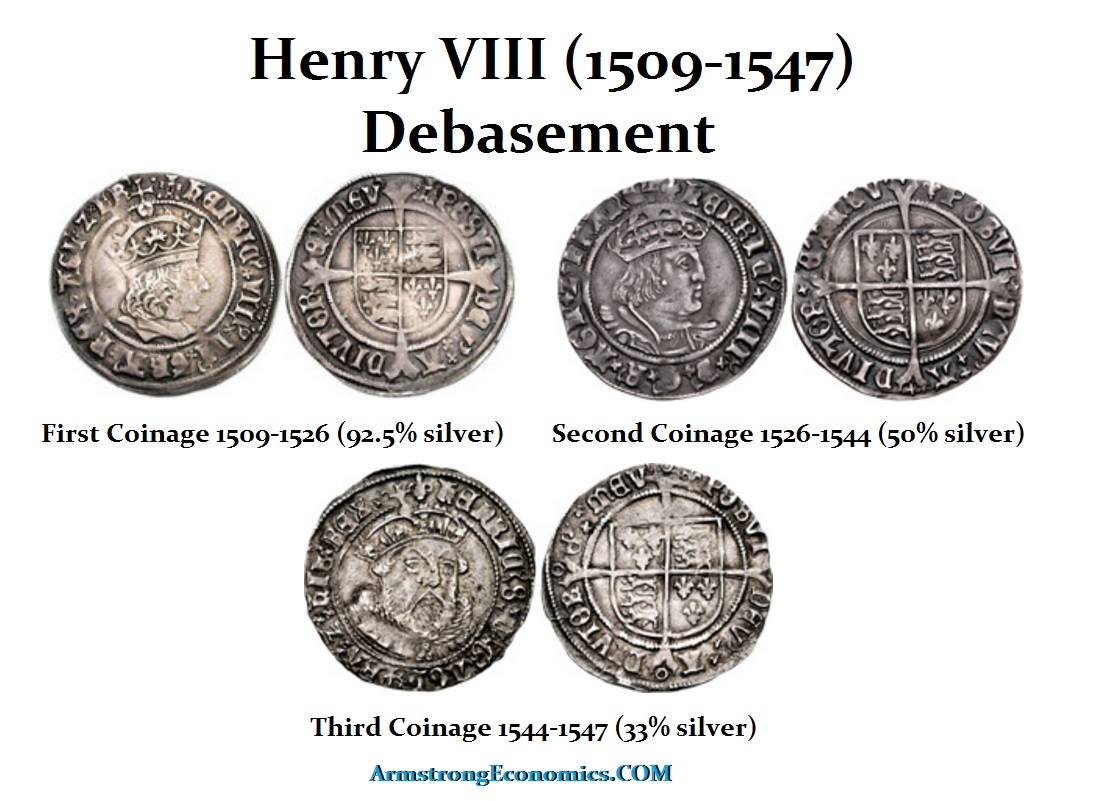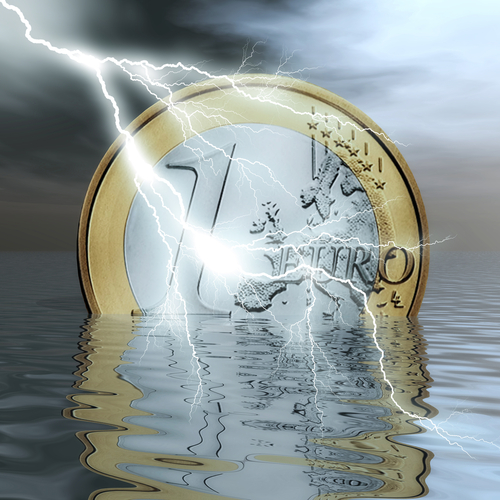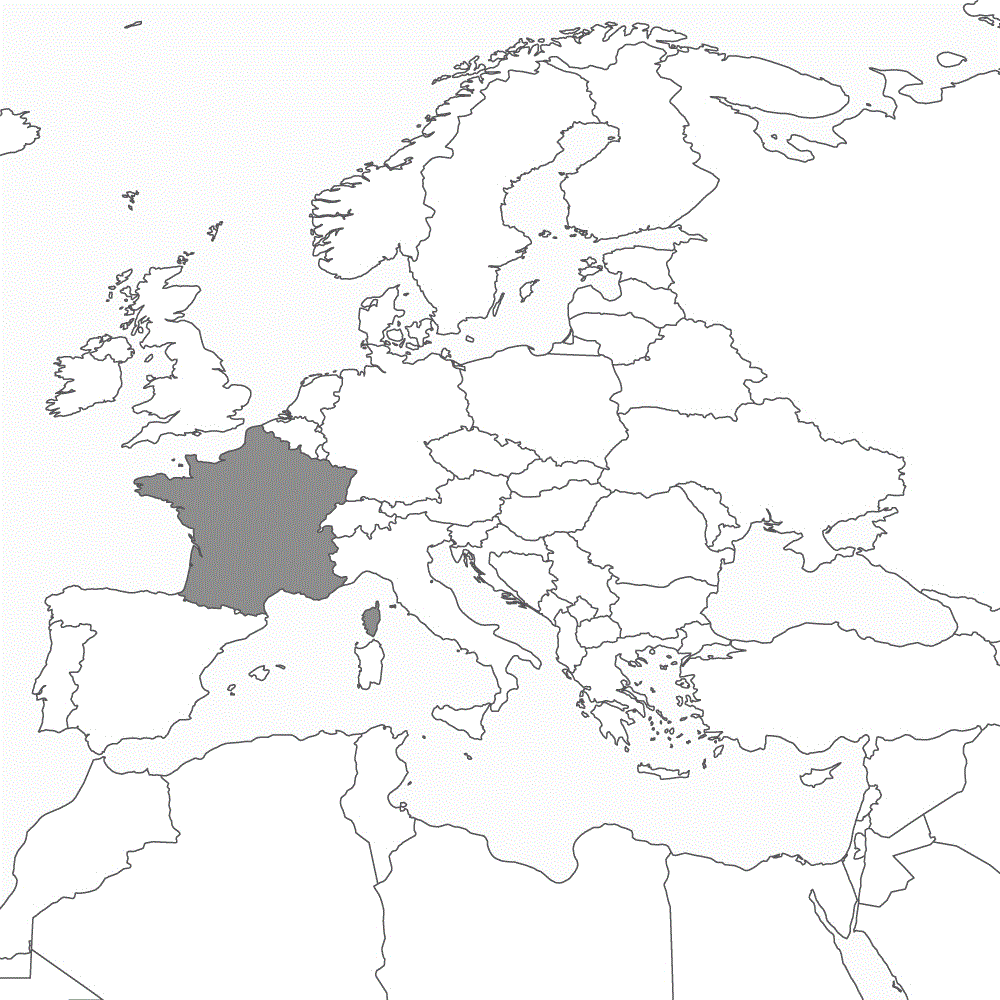Everything that has been mentioned on Global Geopolitics since 2011 regarding Berlin and it’s United States of Europe project is pretty much summarized within this article. The only thing missing is the end game.
Germany has once again conquered Europe and the entire world has missed it. The plan and timeline has changed but the goals once again remain the same. Instead of Nazis you have Germans running the EU through the Troika with key figures in key places, subjugating the entire continent through political sabotage and economic might. It’s been said oft here that if you’re looking for Nazis, you’re over 70 years late. It’s now a multicultural and multinational European superstate once united by a common goal, but now by force, and by Berlin. It even has its own European Army under construction.
The Fourth Reich has landed.

“Periodization” is a trendy academic term for historians’ use of particular (and sometimes arbitrary) chronological terms—often in reference to wars in general, and in particular to when they started and ended.
Were there really “three” Punic Wars rather than just one that continued for well over a century from 264-146 BC, ending only with the Roman absolute destruction of Carthage? Continue reading →

